In a world that values fairness, it’s key to talk about hiring for government jobs. For government positions, where objectivity is non-negotiable, cultural orientation and the integration of Artificial Intelligence (AI) can inadvertently taint the selection process. Sometimes, the way people make choices can be influenced by their cultural bias or through the use of AI in the selection process. So, let’s explore how these things can affect who gets hired and what we can do to make things better.
Cultural Bias and How It Affects Hiring
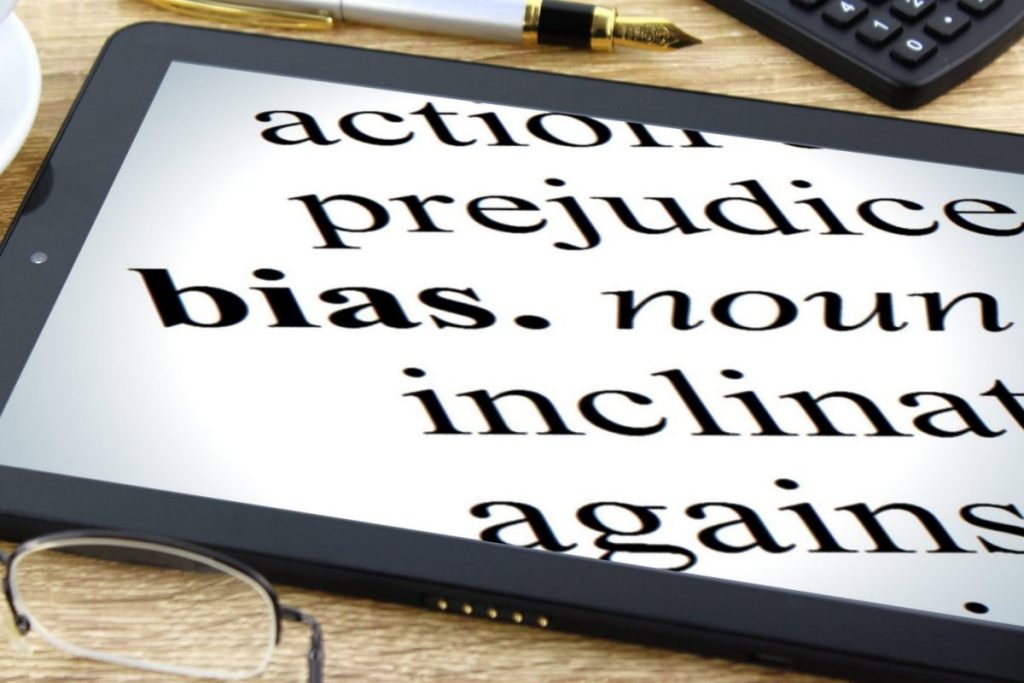
Imagine if someone accidentally picked people for jobs based on where they’re from or what they look like. This is called “cultural bias.” It’s when people favor those who are like them and don’t give everyone an equal chance. This can lead to a government team that doesn’t represent everyone. Some signs of cultural bias are:
- Thinking Everyone Is the Same: Assuming people from different cultures have the same skills or traits, even if it’s not true.
- Focusing on Language: Paying too much attention to how someone talks or writes, which might not be fair to everyone.
- Only Hiring Friends: Choosing only people who are familiar, leaving out others who could do the job well.
- Ignoring Unique Ideas: Picking those who fit in easily, which means not hearing different points of view.
How to Fix Cultural Bias
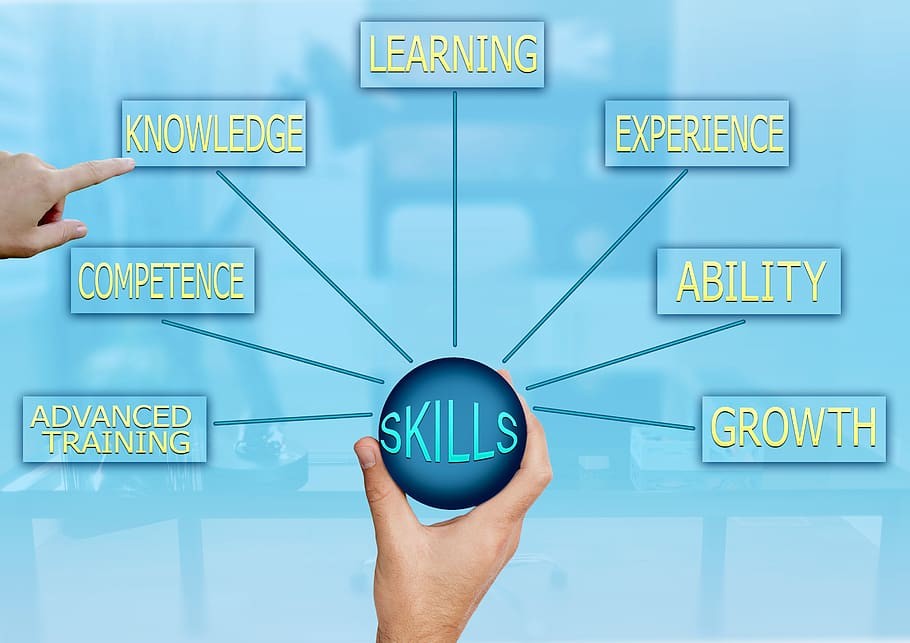
- Knowing is Power: First, we need to realize that cultural bias does happen. Then, we need to think about our own beliefs and how they affect our decisions.
- Equal Interviews: Having the same questions for all job interviews can help make things fair. In this way, everyone gets a chance to show what they can do.
- Different Opinions Matter: It’s good to have many people from different backgrounds talk with candidates. This way, it’s not just one person’s opinion.
- Skills Over Everything: We should look at the skills and experience that really matter for the job, not where someone comes from.
- Learning and Growing: Training about bias helps us make better choices. This helps us to be more open to different kinds of people.
Bringing Inclusivity Through Smart Choices
- Name-Free Resumes: We can use a way of hiring that hides names on resumes. This stops us from choosing based on names and gives everyone a fair chance.
- Finding Talent Everywhere: Looking for job candidates from all sorts of places means we get a bigger group to choose from. So, try sourcing from professional organizations like National Forum for Black Public Administrators (NFBPA), American Planning Association (APA), Local Government Hispanic Network (LGHN/ICMA), or Black Data Professional Association (BDPA).
- Checking Skills Better: Some jobs use tests in order to see if someone is good at what they’ll do. Also, this helps us see who can really do the job well.
- Words That Invite Everyone: When we write job ads, we can use words that make everyone feel welcome to apply.

Understanding AI Bias in Resumes
Now, imagine if computers helped pick the best resumes, but they made unfair choices too. This is called “AI bias.” It’s when computers make decisions that are unfair because of things they learned from old information. For instance, some examples of AI bias are:
- Treating Genders Differently: Computers might choose more people of one gender over the other, just because of old data.
- Favoring Certain Cultures: If computers learned from past choices, they might like people from certain places more.
- Only Picking Certain Schools: Computers could think only people from certain schools are good choices, even if other people are great too. Examples of this are not picking resumes from traditional women’s colleges, Historically Black Colleges and Universities (HBCU), or Hispanic Serving Institutions (HSI) to review.
- Ignoring Older or Younger People: Computers might not choose people who are older or younger, even if they’re perfect for the job.
How to Handle AI Bias
- Mix Up the Information: Using many different types of information for the computer to learn from can help make it more fair.
- Checking Often: Additionally, we need to always see if the computer is making fair choices. We can also update its learning often.
- Teaching Computers Fairness: Making the computer know what’s fair and what’s not can help it make better choices.
Working Together for a Better Tomorrow
Ultimately, we want a government team that’s just like the people it serves. By stopping cultural bias, fixing AI bias, and working together, we can build a stronger and more fair future. This means everyone, no matter where they’re from, can have an equal chance at government jobs, and our society can be even better.
Related links: Addressing Unconscious Bias in the Workplace
Adrienne Bitoy Jackson, BSBA, MS. Ed, PMP, President & CEO of Heuristics Marketing Consultants, LLC is an inventive, effective, resourceful thought leader, writer, coach, mentor, project manager, change agent, and former public administrator with 25+ years’ experience with government entities, professional associations, nonprofit faith & community-based organizations, and educational institutions. Designated a well-qualified Senior Public Service Administrator/Executive I, and high-level Social Service Program Planner by the State of Illinois; she is a professional development advocate skilled in capacity building, marketing communications, and organizational development and a winner of the City of Chicago’s Kathy Osterman Award for Outstanding Professional Excellence.

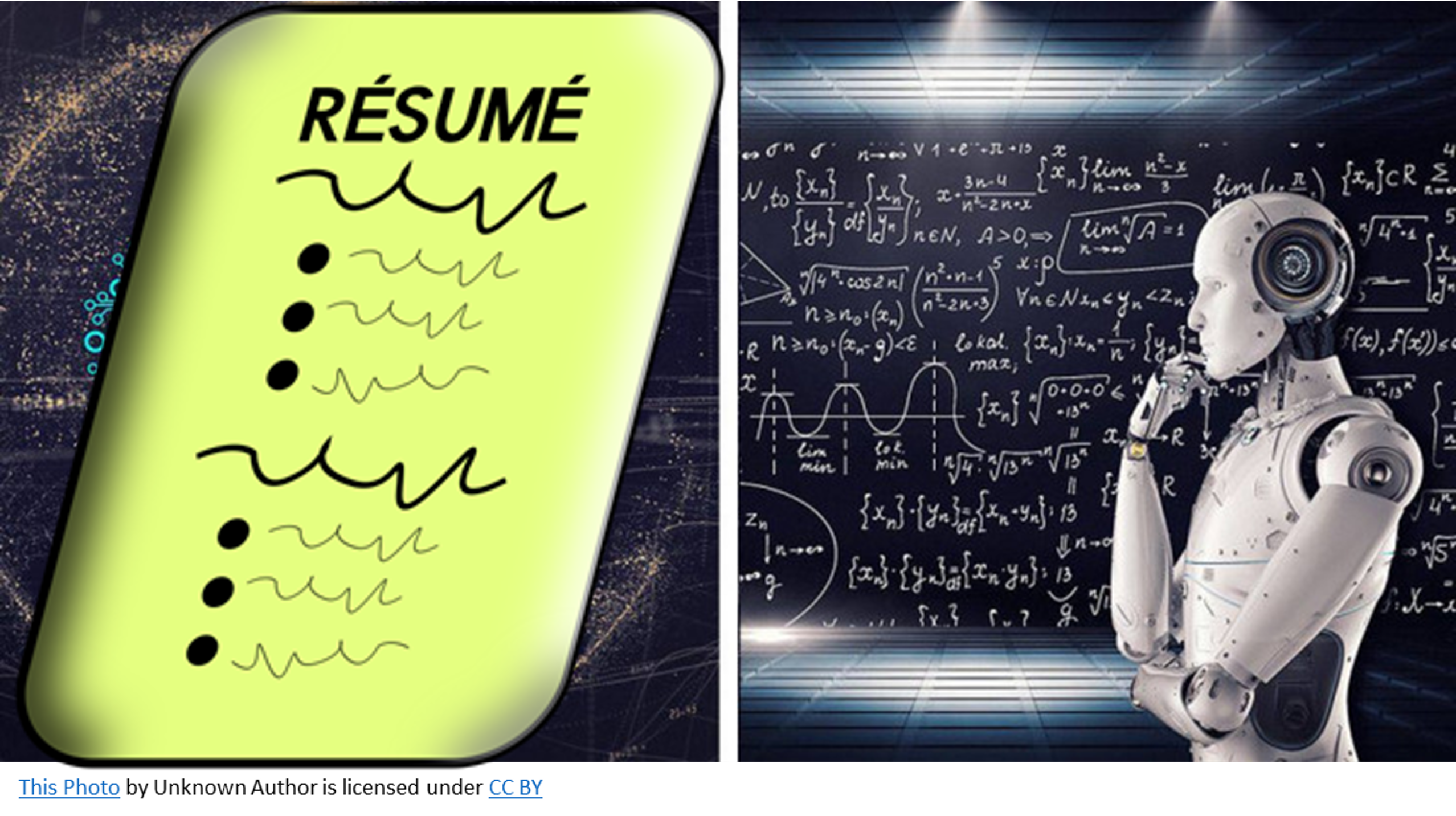
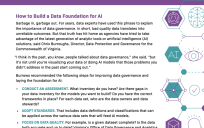
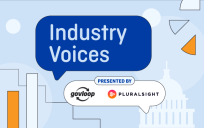

Leave a Reply
You must be logged in to post a comment.